The beer purity law (Reinheitsgebot) was created on 23 April 1516 by Wilhelm IV, Duke of Bavaria. It is a regulation that serves to determine what a good beer should have and how it should be made.
This law was fundamental for the brewing of beers to exalt quality and more taste, with only 4 basic ingredients: hops, malt, pure water and yeast.
But what is that all about? A law? A recommendation?
What happens if you break it? Imprisonment of beer? Are brewers criminals? Shall we learn more about it?
History of the Purity Law
The law of beer purity is often hailed as “the world’s first consumer protection law”. And looking back, we understand its importance, for German beer before 1516 was not always the tastiest thing to drink. Its formula contained ingredients such as henbane, eggs, tar, chalk, mushroom, belladonna, bile. In other words, at best, the beer tasted horrible, at worst, it was poisonous to deadly.
However, beer was everyone’s favourite drink in the Middle Ages, often from morning till night, because it was still the safest thing to drink: boiling it at least killed the bacteria in the water.
Since 1995, the so-called German Beer Day has been celebrated annually on 23 April, with which the German brewing industry celebrates Reinheitsgebot.
This date was chosen because on 23 April 1516 the brothers Duke Wilhelm IV and Ludwig X, who ruled Bavaria together, issued a decree entitled “Wie das pier summer un winter auf dem Land sol geschenckt und prauen werden” (How beer in summer and winter should be brewed and brewed in the country), which said, “In particular, we want from now on, in our cities, markets and in the countryside, not to use ingredients other than barley, hops and water for beer. Whoever knowingly transgresses this order of ours and does not carry it out, will have this barrel of beer, as many times as it occurs, taken from him by his court as punishment”.
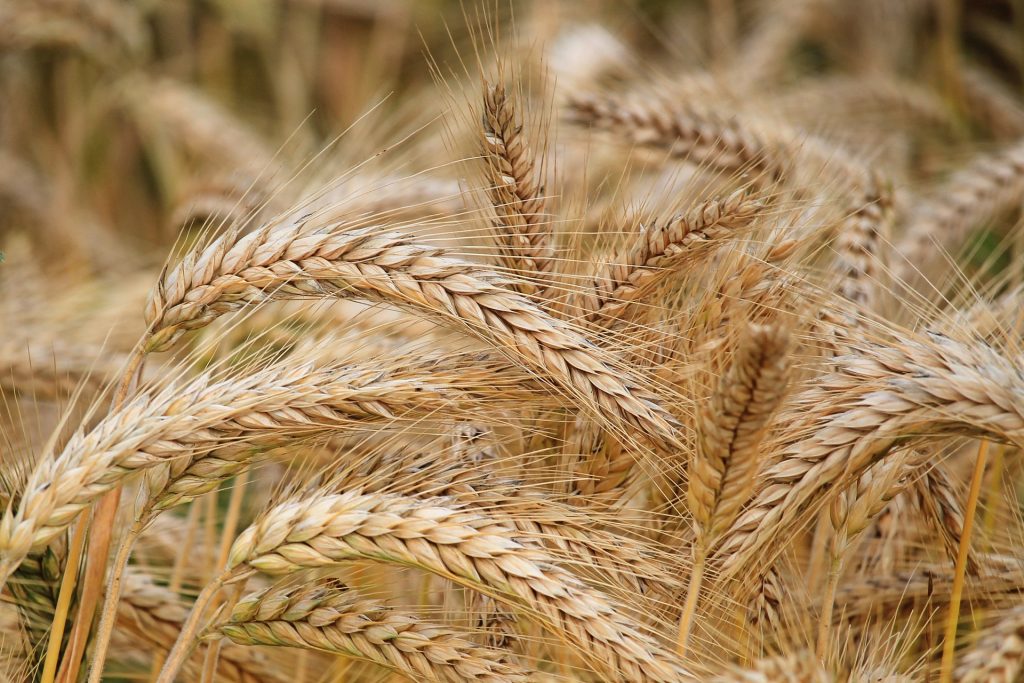
This text is what people refer to today, 500 years later, concerning the German Purity Law.
The true intention of the dukes in the law of purity
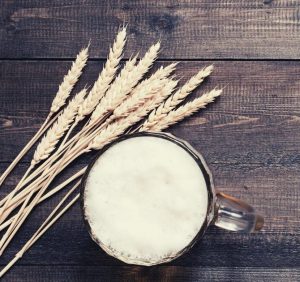
If you look at the story a little more closely, you discover that the two Bavarian dukes were not only concerned for the well-being of their people. Well, they were, but not just in the sense that they wanted people to drink a good beer. In fact, the Law of Purity is also a decree that can be categorized as “resource management”: “Wheat for bread, barley for beer, oats for horses” was a saying of the time.
Thus, the rulers secured the exclusive right to brew with wheat, the then already popular wheat beer. They built a monopoly on wheat beer and issued beer brewing licenses, for which they paid dearly. Some historians say that the Wittelsbachers used the revenue to finance the defence of their assets during the Thirty Years War.
By the way, today beer in Germany can be made from only four raw materials:
Malt, Hops, Water and Yeast – which of course Wilhelm and Ludwig were not aware of, and for this reason was not mentioned in the decree.
Operation of the law of purity after the decree
In the decades after Wilhelm and Ludwig, Reinheitsgebot was treated in a very permissive way. Beer with honey or cumin, juniper and salt was common. And indeed, this thing of the law of purity was almost forgotten until a Bavarian MP brought it all up again in 1918: the Bavarians made their membership of the German Reich conditional on “their” beer law applying throughout Germany, to make German beer stand out in competition with beers from abroad.
The current discussion on the Law of Purity
Especially in the year of the 500th anniversary of the Law of Purity, there is much discussion about the meaning and absurdity of the regulation:
Supporters of the Purity Law like to argue that it prevents German legislation on beer from being aligned with European legislation. They argue that this would guarantee the quality of German beer because, unlike some neighbouring countries, brewers in Germany are not allowed to use adjuvants, cheaper sources of starch such as rice or corn, enzymes are not used to speed up the brewing process, nor are preservatives and artificial flavourings.
Critics of the purity law, however, say that it is a marketing tool, as and beer in Germany is still brewed as originally and artistically as it was 500 years ago – which is, of course, nonsense in view of the gigantic and highly automated brewing corporations. The consumer is also unaware of the sometimes controversial additives that can be used to lighten beer and make it more stable. Some critics also say that the law of purity is partly to blame for the artisanal beer arriving so late in the day in this country because it prevents the real diversity of the beer.
Law of Purity and Artisanal Beer
So what do you think? That craft beer and the law of purity are not aligned? Not at all. In fact, most beer styles can be brewed within Reinheitsgebot: IPA, Pale Ale, Berliner Weisse, Baltic Porter, Stout.
The obligatory legal basis for German artisanal and non-industrial breweries is the “Provisional Beer Tax Act 1993”. According to it, what can be called a beer can only be made with barley malt (for wheat beer also wheat), hops, water and yeast. Exceptions are possible. For this, according to paragraph 9, an order must be made for “brewing special beers”, which is generally granted. Only in Bavaria and Baden-Wuerttemberg does this paragraph not yet exist.
Perspectives
Every day, more and more suggestions come from brewing circles to convert the law of purity into a “law of naturalness”. Nobody wants artificial products and laboratory flavourings in their beer, but maybe some boxes of organic strawberries. Yes, that was the idea behind it. And they also always say that the 500-year-old law may soon be a little changed. Let’s see! Learn more about beers here! Prost!!
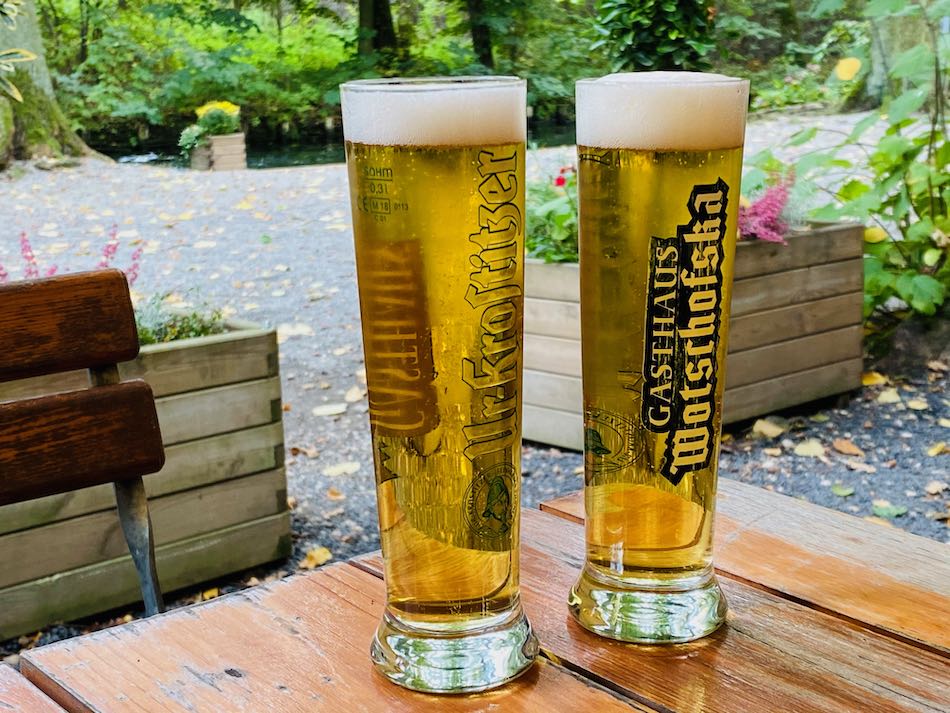

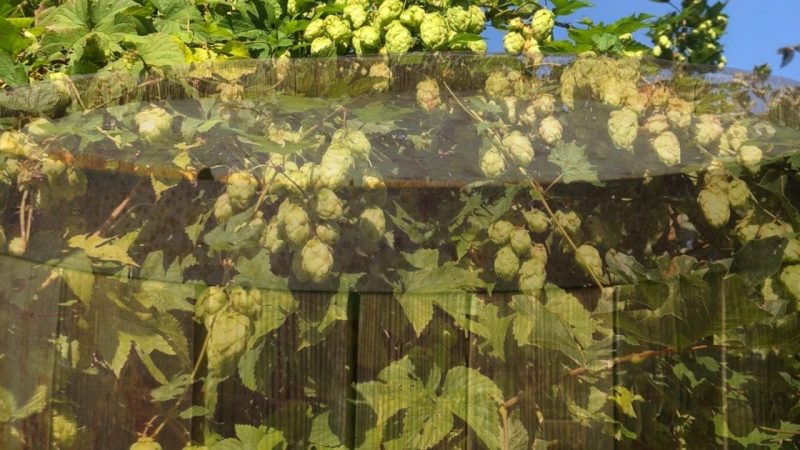
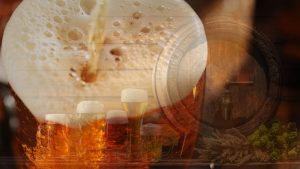





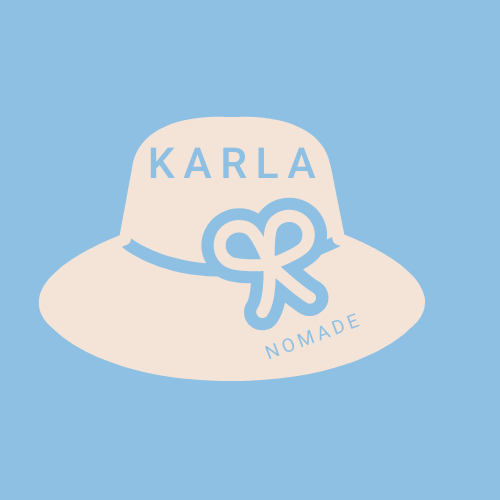


One Response